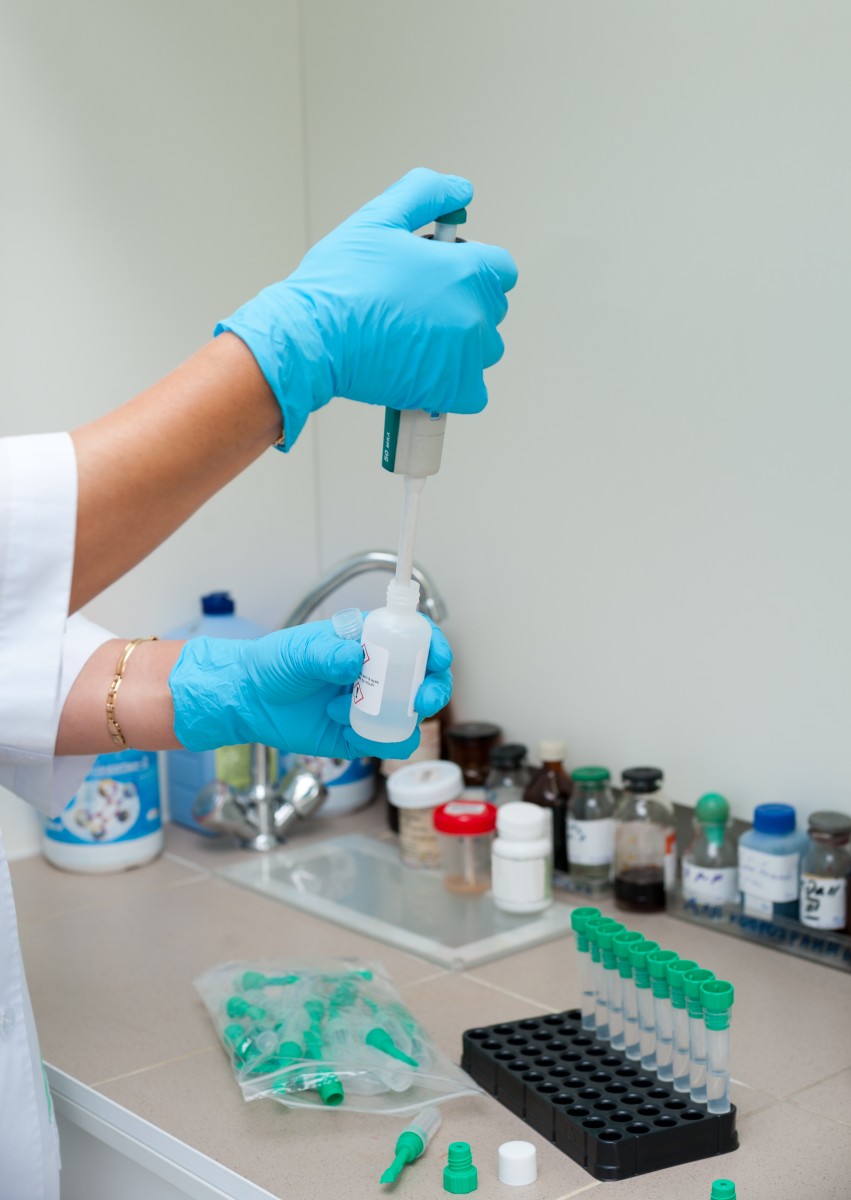Lycera Corp., a biopharmaceutical company that develops novel oral immune modulators to treat autoimmune conditions and cancer, recently announced the start of a new Phase 1 clinical study of its experimental LYC-30937 therapy in a population of healthy volunteers.
LYC-30937, an oral ATPase modulator that targets the gut, is being evaluated to treat inflammatory bowel disease (IBD). LYC-30937 selectively induces cell death (also called apoptosis) of immune cells causing the diseases while sparing healthy cells. Lycera discovered and developed the compound based on the University of Michigan technology license, however, the company retains full commercial and development rights.
“The initiation of a clinical program for LYC-30937 marks a major milestone for Lycera. This is our first program to enter the clinic, as well as the first ATPase modulator to commence clinical testing,” said in a recent news release Paul Sekhri, President and CEO of Lycera Corp. “Lycera is dedicated to advancing a portfolio of drugs based on breakthrough science that have the potential to offer substantial advances for patient treatment. We are proud of the progress of our lead program, and look forward to further accelerating additional candidates in our pipeline.”
In mid-2016, Lycera expects to initiate clinical studies for its lead immune-oncology product candidate, an agonist of RORgamma, as well as an anti-fibrotic agent, a highly selective ROCK2 (rho-associated kinase II) inhibitor.
“Inflammatory bowel diseases including ulcerative colitis and Crohn’s disease, are chronic, life-long autoimmune diseases with significant medical needs and the potential for life-threatening complications,” said Dr. H. Jeffrey Wilkins, Chief Medical Officer of Lycera. “In contrast to current injectable treatments, LYC-30937 is an oral agent that acts on a novel target, locally in the gut. Our development plan looks to demonstrate whether the promising preclinical data translates into an effective and well-tolerated novel treatment for patients with ulcerative colitis and inflammatory bowel disease. We are excited to initiate the clinical program and anticipate the completion of the study by year end 2015.”
The company bases their work on successful progress of its world-class R&D platform, including expertise in cell signaling, immune metabolism, and immune cell differentiation.

